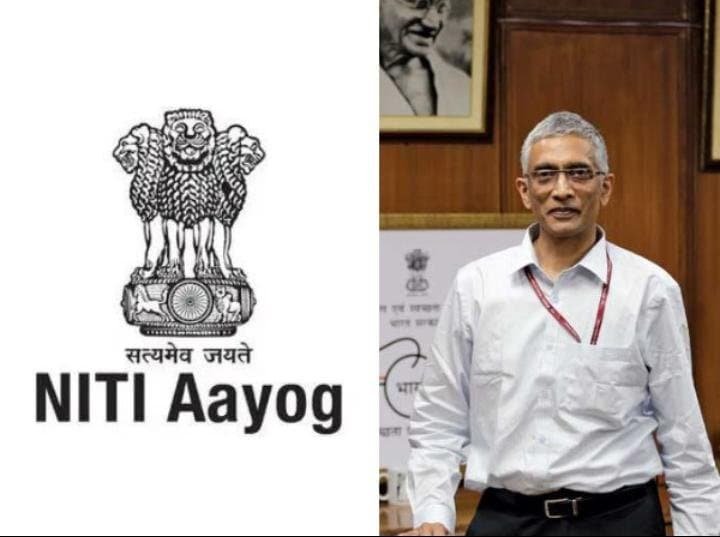From combating malnutrition to marketing black rice to integrating students’ talents and experiences into a credit-based system, the Niti Aayog has recognised 75 efforts in the social sector by the Centre and states/UTs as “best practises.” These 75 projects, according to the Niti Aayog, the government’s main public policy think tank tasked with catalysing economic development and encouraging cooperative federalism, have benefited a significant segment of society and are repeatable.
14 of these “best practises” have been initiated by Central Ministries, two are joint projects between the Centre and state governments, and the remaining are from 26 states and UTs. The BJP or its partners govern 12 of the states, while the opposition governs 11.
On May 1, Niti Aayog Vice Chairman Suman K Bery and Shoko Noda, Resident Representative of UNDP India, presented a book titled Best practises in social sector: A compendium 2023. “As India celebrates 75 years of Independence, an effort has been made to compile 75 Best Practices in the form of this compendium. These best practices have been carefully chosen from amongst these collated from the Central Ministries/Departments and the States/UTs,” Bery has written in the book.
Niti Aayog states the following amongst the best practices which include Direct Benefit Transfer; Academic Bank of Credits (integration of students’ talents and experiences into a Credit-Based system); National Academic Depository; Ganga Prahari programme; National Artificial Intelligence Portal Excellence in Defence Innovations Prayatna Project for Transgenders; Nasha Mukt Bharat Financial inclusion for street sellers under PM SVANidhi; Ethanol Project; One Nation One Ration Card; UMANG; DigiLocker; and a crash training for Covid Warriors.

Lets break down Niti Aayog’s list of best practices state wise:
Delhi (4) Home-based education for youngsters with multiple/severe disabilities; an electric vehicle policy for cleaner air; a biodecomposer solution and spray programme to counteract stubble burning; and a sustainable electricity eco-system.
Karnataka (6) Kalika Chetarike – Activity-based learning; dealing with dry waste Santhe Kaushalkar – Artisan Profiling Platform and Self-Help Group; Farmer Registration and Information System for Unified Beneficiaries; Kutumba: System of Social Protection and Entitlement Management; SDG and CSR alignment platform
Uttar Pradesh (4): Black Rice Initiative in Chandauli; Reducing Maternal and Newborn Deaths (ReMiND) via mobile application; SARTHI & SAKHI — Mental Health Helpline; Disaster Risk Reduction.
Also Read:
- Electric vehicle stocks India NSE: Here are the best EV stocks for you to invest
- Hero Vida V1 Pro and Vida V1 e-scooters get their prices slashed in India by Rs 25,000